 It is said that to know how far in civilisation a country has travelled, one needs to just look at how its women are treated. This quote came to my mind after reading the grossly misjudged issue about women and saree, yet again, started circulating virulently.
It is said that to know how far in civilisation a country has travelled, one needs to just look at how its women are treated. This quote came to my mind after reading the grossly misjudged issue about women and saree, yet again, started circulating virulently.
The ‘Thaipusam Spraying Group’, I felt, must have needed a desperate outlet to be heard to turn around their otherwise dull lives that they saw it fit to pin women and the saree blouse. It is interesting that individuals and various groups came out forcefully in damnation of such a notion that women should be reprimanded at all, what more using high-handed hooliganism and barbarism.
From tailors to fashionistas, we now have a compilation of what a decent saree blouse should measure and look. Additionally we also have indiscriminate takes from all and sundry that modesty and morality of a woman rests on how she wears her saree blouse.
I am badly shaken and wilfully abashed that we have shallow-mindedness ruling our lives on one spectrum and the bare-it-all brashness of dressing dominating the other end. Sensibility seems to have no place in our lives today.
While I neither support nor condone the Thaipusam Spraying Group for their mischievous statement and warning, I am viewing the whole issue from a street-lamp point of view and all I can see is that we have come far but we have neither civilised nor matured.
If each and every one of us were to take responsibility for ourselves and understand the context we are living in, be it dressing or anything else that has to do with culture and conformity, we will have loads of time for matters that really would make a difference to the world.
In the midst of the fracas, the silence from Wanita MIC is deafening and funny that Wanita MCA saw it fit to say its piece which goes a long way in giving the confidence that violence of any form against women will not be tolerated. Syabas! Wanita MCA and to Wanita MIC, if you are still comatose, we will wait for you to rise, if you do.
To the women and girls, a woman’s freedom is not shown in the way she bares, rather how she fares. Declarations have been made at various platforms that norms associated with dress codes are often one way in which ideas and stereotypes about gender identity and roles are conveyed in law, policy and practice.
They often impact much more heavily on women because, men especially, believe they are entitled to regulate women’s dress as the symbolic embodiment of a community’s.
Dress codes are a manifestation of underlying discriminatory attitudes and reflect a desire to control a woman’s sexuality, objectifying women and denying their personal autonomy.
The bottom-line is, women who choose to identify in a particular way religiously or culturally should be able to make their own choices about what norms they should follow rather than being forced to comply with a set of rules others impose on them.
In this context, whether it is a male or a female, the upbringing and parents’ influence will play a pivotal role in men and women deciding for themselves.
For now, let us take on and celebrate Thaipusam for what it stands for in the truest sense.




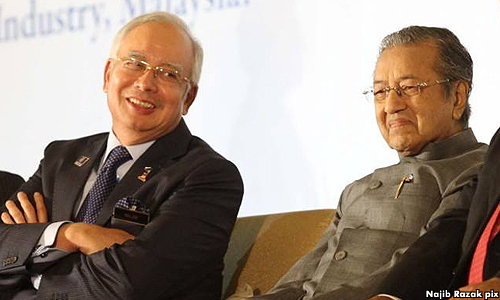



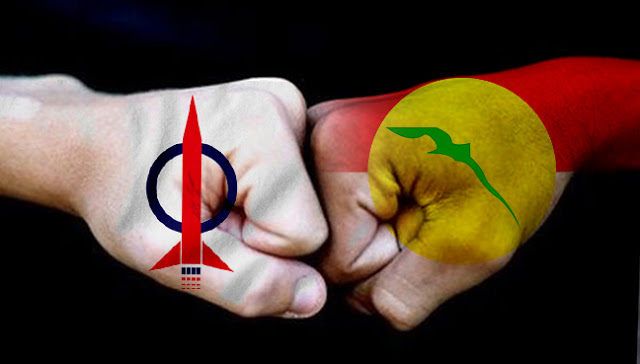




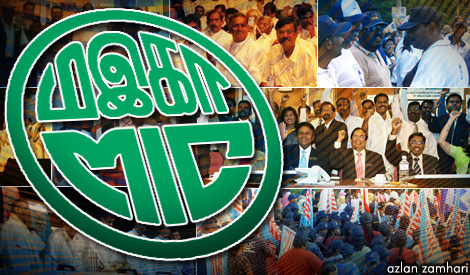
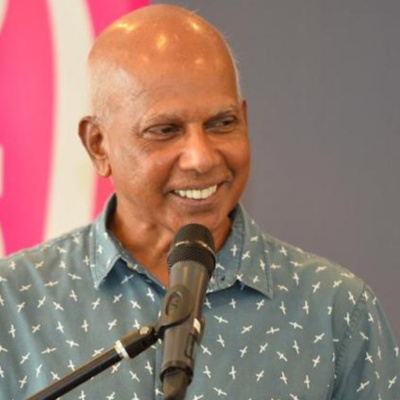


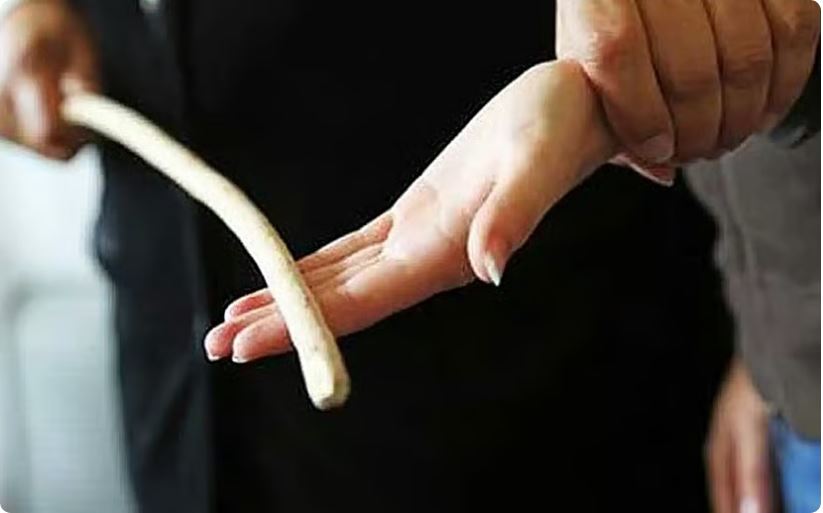
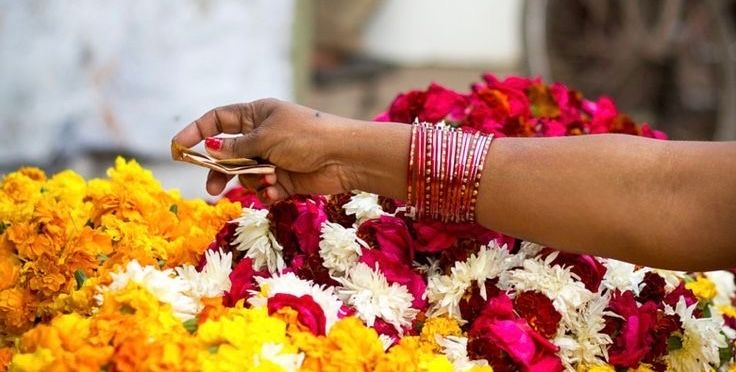
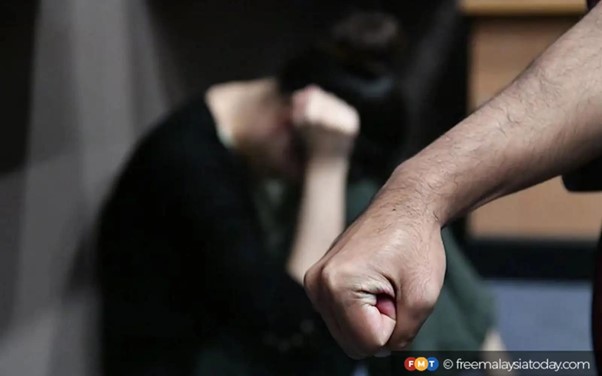


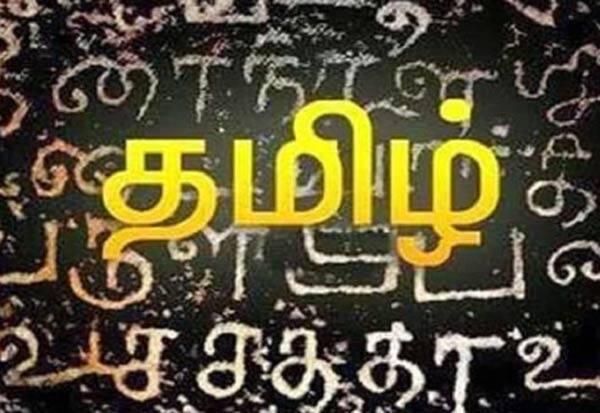


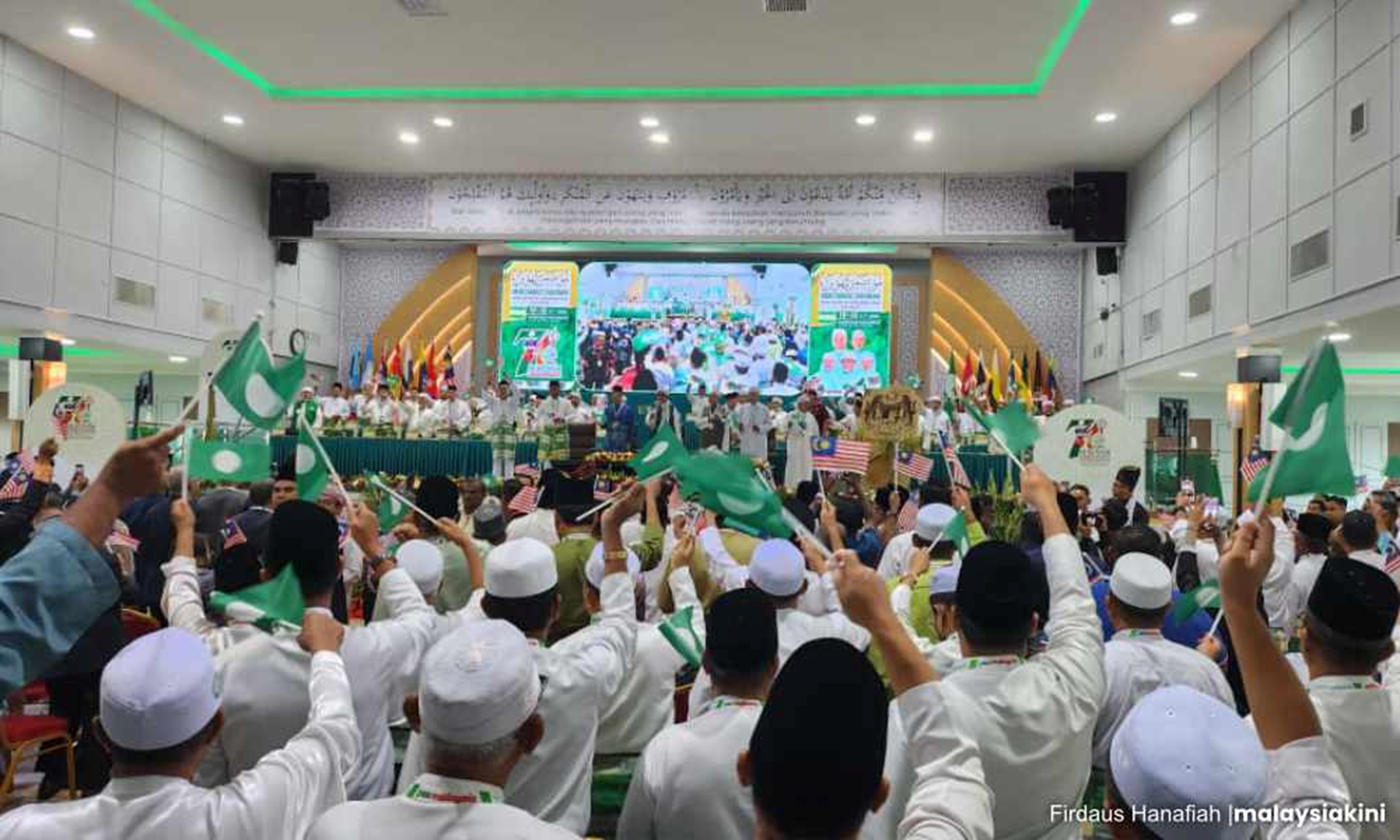
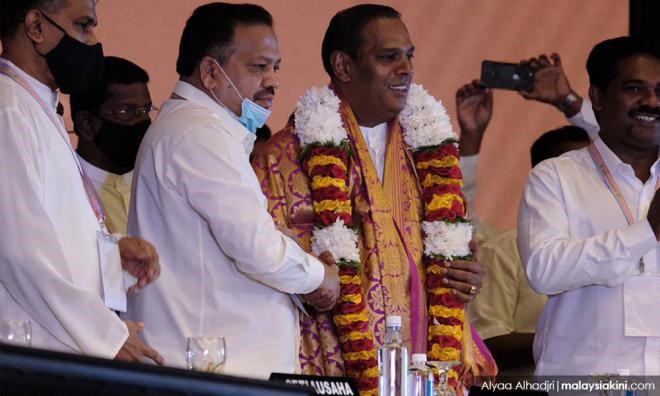
Can you recommend similar womanhood principles (changing dressing style at worshipping places) to muslim women Dr. Bhavani Krishna Iyer ?
Particularly removing their ‘tudung’ and expose their aura at worshipping places like mosques !